The fascinating exploration of quantum physics and its interconnectedness with consciousness has been a topic of great interest for scientists, researchers, and philosophers alike. Quantum physics, a branch of physics that deals with the behaviour of particles at the smallest scales, has revealed profound insights into the nature of reality, challenging our conventional understanding of space, time, and causality. This has opened up a whole new paradigm for exploring the connection between the physical world and the unmanifested realm of consciousness, which has been a subject of study in ancient wisdom traditions, particularly Vedic philosophy.
Vedic philosophy, with its rich tapestry of metaphysical concepts and spiritual insights, offers a profound perspective on the nature of consciousness and its relationship with the cosmos. It posits that the universe is a manifestation of consciousness and that consciousness is the fundamental reality underlying all of creation. The connection between quantum physics and Vedic philosophy lies in the fact that both explore the nature of reality beyond the material world and suggest that consciousness plays a central role in our experience of the world. The study of quantum physics and Vedic philosophy together has the potential to shed light on some of the most profound questions about the nature of existence.
One of the key concepts in quantum physics is entanglement, which refers to the phenomenon where particles become correlated in such a way that the state of one particle instantaneously influences the state of another, regardless of the distance between them. This non-local correlation suggests a deep interconnectedness that transcends the boundaries of space and time, echoing the interconnectedness described in Vedic philosophy.
Entanglement, a cornerstone of quantum physics, unveils a reality far beyond the classical scientific understanding of the universe. It portrays a world where particles, once in contact, maintain a connection that defies conventional notions of distance and time. This phenomenon, although initially perplexing, finds resonance in the age-old wisdom of Vedic philosophy, where interconnectedness lies at the heart of existence.
In the realm of quantum physics, entanglement describes a state where two or more particles become intrinsically linked, such that the state of one instantaneously influences the state of the other(s), regardless of the spatial separation between them. This instantaneous correlation, known as non-locality, suggests a form of communication that transcends space-time limitations, challenging our conventional understanding of causality and locality.
The implications of entanglement are profound, offering insights into the fundamental nature of reality. At its core, entanglement implies that the universe is not composed of isolated entities but is rather an intricate web of interconnected relationships. In this web, every particle, no matter how distant, shares an intimate connection with every other particle, resulting in a holistic and interdependent cosmos.
This notion of interconnectedness finds remarkable parallels in Vedic philosophy, particularly in concepts such as the interconnectedness of all beings (Vasudhaiva Kutumbakam) and the unity of existence or simultaneous oneness in duality. According to Vedic teachings, the universe is not a collection of separate entities. Still, it is instead a single, indivisible whole, where every aspect of creation is intimately connected to the cosmic fabric.
In the Vedic worldview, this interconnectedness extends beyond the material realm and encompasses the realm of consciousness itself. Just as particles in a state of entanglement share a profound connection, consciousness, according to Vedic philosophy, pervades all aspects of existence, uniting the individual with the universal.
Central to both quantum entanglement and Vedic philosophy is the recognition of consciousness as the underlying substrate of existence. According to Vedic teachings, consciousness pervades all aspects of reality, uniting the individual with the universal. Similarly, in the realm of quantum physics, the observer plays a central role, influencing the observed through the mysterious phenomenon of the observer effect.
In Vedanta, the ancient rishis contemplated the multidimensional nature of reality, recognizing the existence of 64 foremost dimensions beyond the grasp of human senses. These dimensions, akin to the particles and waves of quantum mechanics, constitute the fabric of universal reality, transcending our limited perception of three-dimensional space.
The parallels between Vedic philosophy and quantum physics extend to fundamental concepts such as gravity, time, and energy-matter interactions. The Vedas, predating modern science by millennia, anticipate concepts like gravity and quantum entanglement, offering insights into the deeper mysteries of the cosmos.
Renowned physicists, including Erwin Schrödinger and Werner Heisenberg, have expressed admiration for the wisdom contained within Vedic scriptures, recognizing parallels between ancient teachings and modern scientific discoveries. Quotes from these luminaries underscore the convergence of Eastern spirituality and Western science, revealing a shared quest for understanding the nature of reality.
Ultimately, the exploration of quantum entanglement and Vedic philosophy invites us to contemplate the profound interconnectedness of all things. Just as particles in a state of entanglement share a mysterious correlation, consciousness pervades the fabric of existence, binding together the myriad forms of the universe in a dance of cosmic harmony. Through the synthesis of scientific inquiry and spiritual wisdom, we may glimpse the deeper truths that unite us all in the tapestry of creation.
The parallels between entanglement in quantum physics and the interconnectedness described in Vedic philosophy invite us to reconsider our perception of reality. They challenge us to embrace a holistic understanding of the universe, in which separation is an illusion and unity is the underlying truth. In this light, entanglement becomes not only a phenomenon of the quantum world but a profound insight into the nature of existence itself.
In the Vedas, consciousness is described as the underlying fabric of existence, pervading all of creation and transcending the limitations of individual identity. Just as entangled particles exhibit a fundamental interconnectedness, Vedic philosophy suggests that all beings are interconnected at a deeper level of consciousness, forming an intricate web of existence where each individual is inseparable from the whole.
Furthermore, quantum physics hints at the role of consciousness in shaping reality through the observer effect, which suggests that the act of observation can influence the behaviour of particles. This idea resonates with the concept of consciousness as the creative force behind the manifestation of the cosmos in Vedic philosophy. According to Vedic teachings, consciousness is not a passive observer but an active participant in the cosmic dance of creation and manifestation.
The observer effect in quantum physics, which posits that the act of observation affects the behaviour of particles, offers intriguing insights into the role of consciousness in shaping reality. This concept suggests that the very act of observing a quantum system can influence its outcome, leading to a fundamental interplay between the observer and the observed.
In Vedic philosophy, the notion of consciousness as the creative force behind the manifestation of the cosmos resonates deeply with the observer effect. According to Vedic teachings, consciousness is not a passive bystander but an active participant in the cosmic dance of creation and manifestation. Just as the observer in quantum physics can influence the behaviour of particles through observation, consciousness, in the Vedic worldview, plays a vital role in shaping the fabric of reality.
In the Vedic tradition, consciousness is seen as the underlying substratum of existence, the source from which all phenomena arise. It is not merely an epiphenomenon of the brain but rather the fundamental essence of all things. This understanding aligns with the notion in quantum physics that consciousness is intimately connected to the nature of reality, influencing its unfolding at the most fundamental level.
The Vedic concept of consciousness extends beyond individual minds to encompass a universal, cosmic consciousness that pervades all of existence. This universal consciousness is the source of all creation, the infinite wellspring from which the entire cosmos emerges. In this sense, the observer effect can be seen as a reflection of the dynamic interplay between individual consciousness and the universal consciousness that underlies all of reality.
By recognizing the profound role of consciousness in shaping reality, Vedic philosophy offers a holistic understanding of the nature of existence and both quantum physics heed to same direction as the Veda shows. This invites us to contemplate the deeper mysteries of consciousness and its relationship to the cosmos, shedding light on the fundamental interconnectedness of all things. In this way, the convergence of quantum physics and Vedic philosophy opens doors to new avenues of inquiry and exploration, bridging the gap between science and spirituality in our quest to understand the nature of reality.
In the realm of quantum physics, the concept of superposition challenges traditional notions of reality by proposing that particles can exist in multiple states simultaneously until observed, at which point they collapse into a single observable state. This phenomenon underscores the inherently probabilistic nature of quantum systems and highlights the role of observation in determining outcomes.
In parallel, the Vedic philosophical tradition offers a nuanced understanding of reality as a multidimensional tapestry, wherein different levels of existence coalesce and interact. According to Vedic teachings, the cosmos comprises multiple layers or dimensions of reality, each with its distinct characteristics and attributes. These layers are not mutually exclusive but rather interpenetrate and influence one another, giving rise to the rich diversity and complexity observed in the universe.
The notion of superposition in quantum physics finds resonance with the Vedic conception of reality as multifaceted and dynamic. In both frameworks, the idea that particles or entities can simultaneously inhabit multiple states or dimensions reflects a deeper understanding of the inherent interconnectedness and interdependence of all phenomena.
Moreover, just as the act of observation in quantum physics collapses the wave function and determines the outcome, the Vedic tradition emphasizes the role of consciousness in shaping reality. In Vedic philosophy, consciousness is not limited to individual minds but pervades all levels of existence, imbuing the cosmos with sentience and intelligence. Thus, the observation of reality is not merely a passive act but an active engagement with the underlying fabric of consciousness itself.
By drawing parallels between the concept of superposition in quantum physics and the multidimensional nature of reality in Vedic philosophy, we gain insights into the fundamental nature of existence. This interdisciplinary exploration invites us to transcend conventional boundaries and explore the profound interconnectedness of the physical, mental, and spiritual dimensions of reality. In doing so, we embark on a journey of discovery that transcends disciplinary constraints and opens new vistas of understanding in our quest to unravel the mysteries of the universe.
Overall, the fascinating field of quantum consciousness has brought to light some remarkable parallels between scientific theories and the ancient wisdom of Vedic philosophy. By delving into these similarities, we gain a deeper insight into the mysteries of existence and the nature of consciousness itself. Through a synthesis of these two domains of knowledge, we have the potential to develop a more comprehensive understanding of the interconnectedness of all entities and the fundamental unity that underlies the countless aspects of the cosmos. This convergence of science and spirituality offers a unique opportunity to explore the deepest questions of our existence and unlock holistic and absolute levels of understanding about the nature of reality.
Download Full PDF DOI: 10.17632/kkb5247627.1
Views: 572
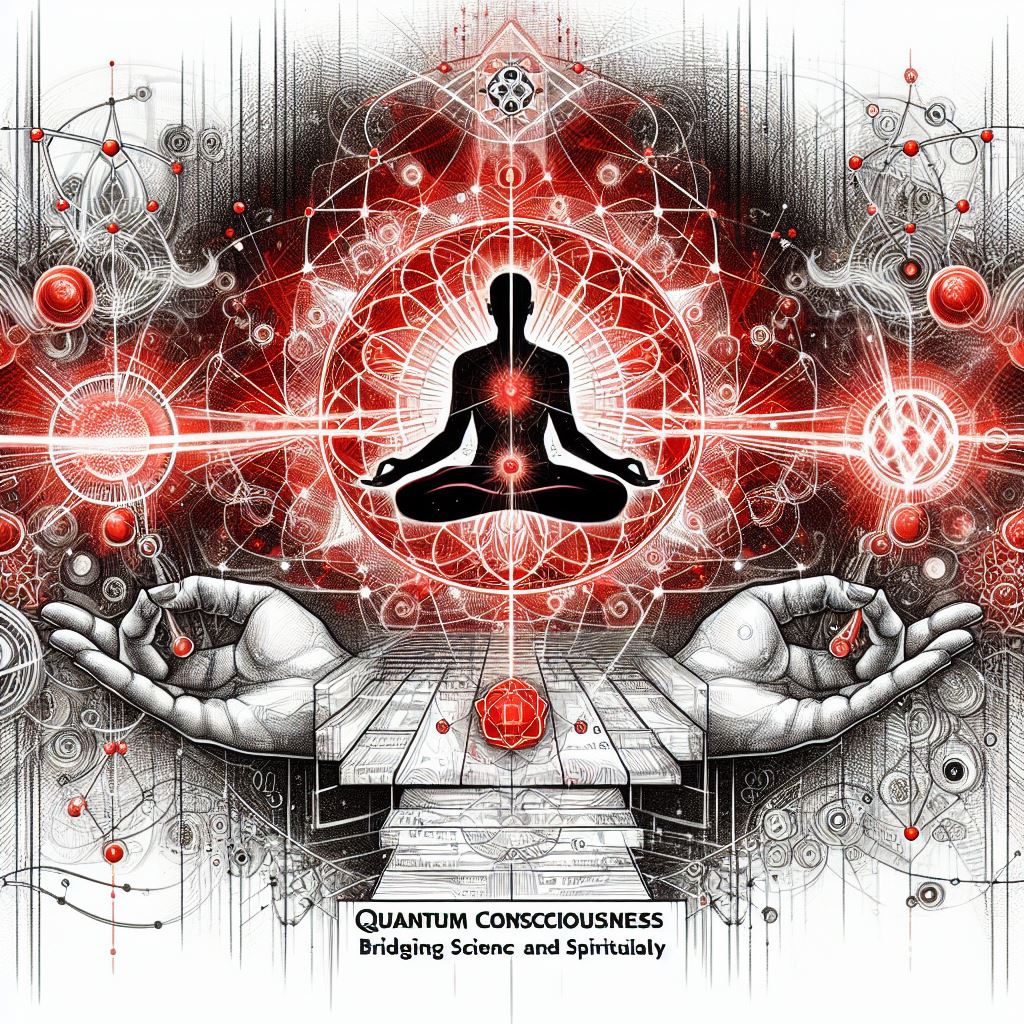
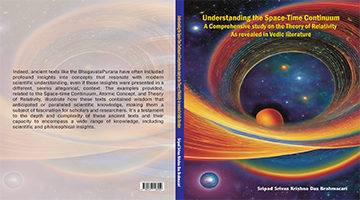
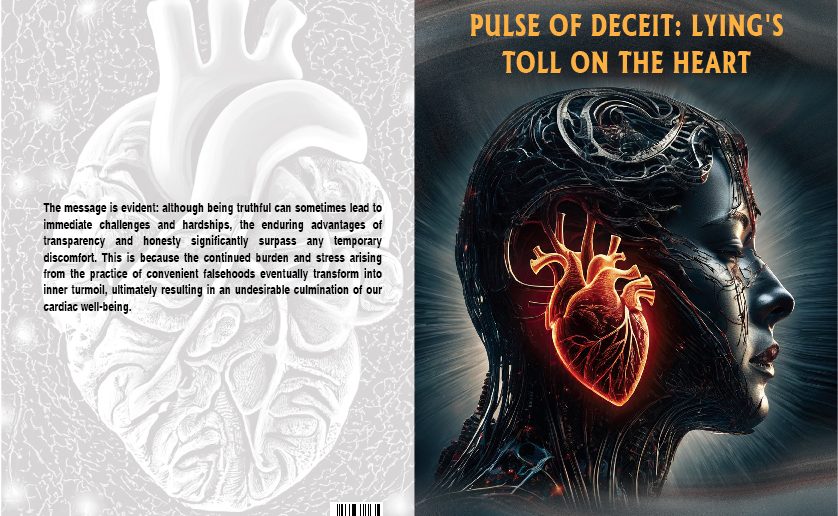
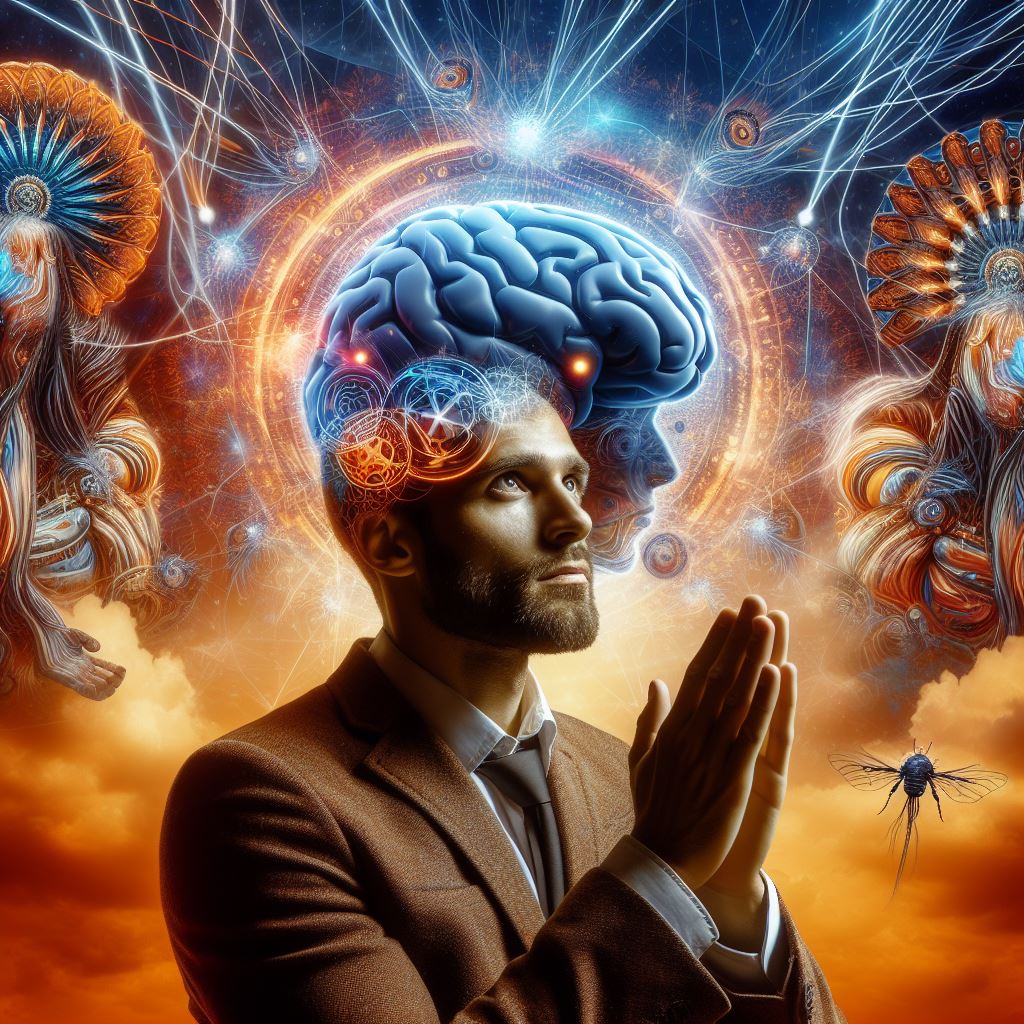




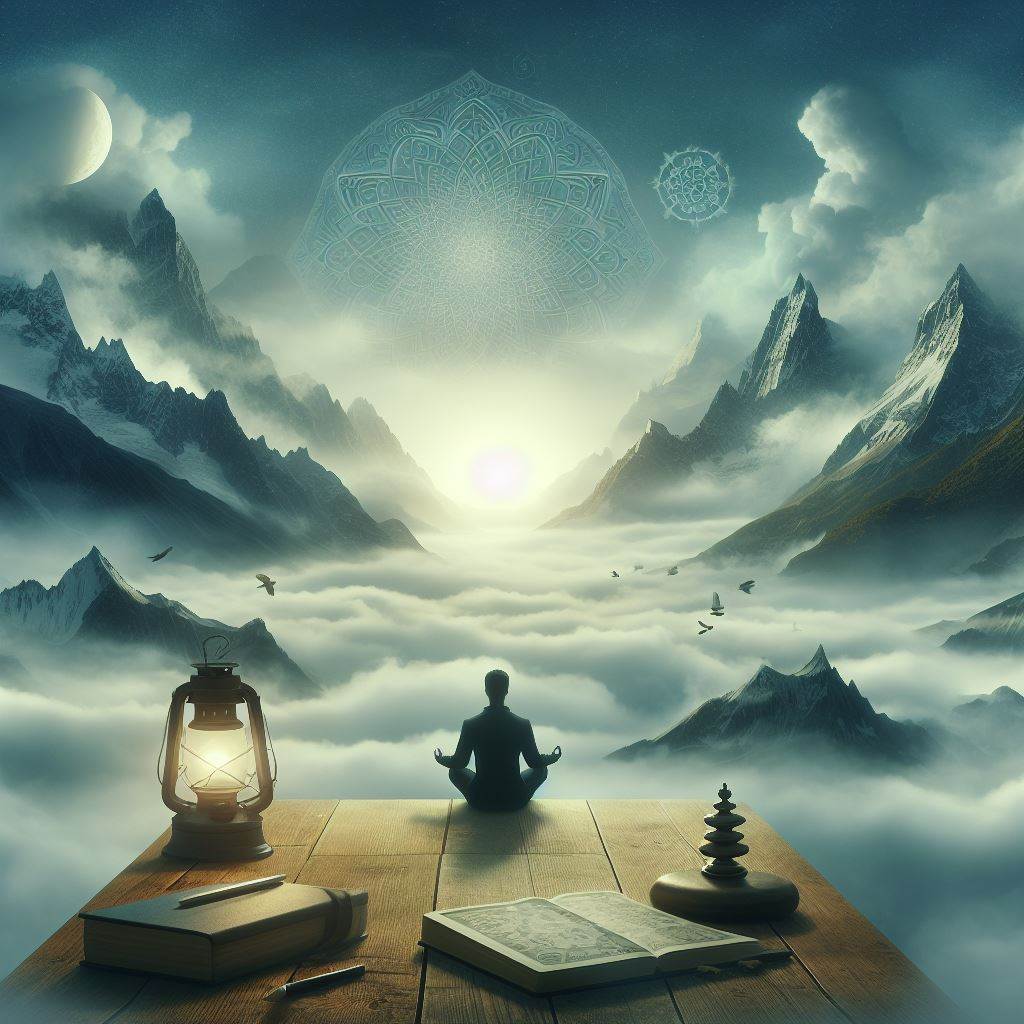





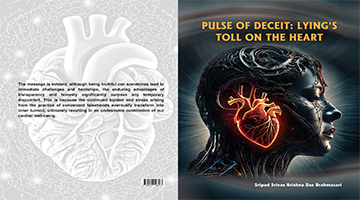
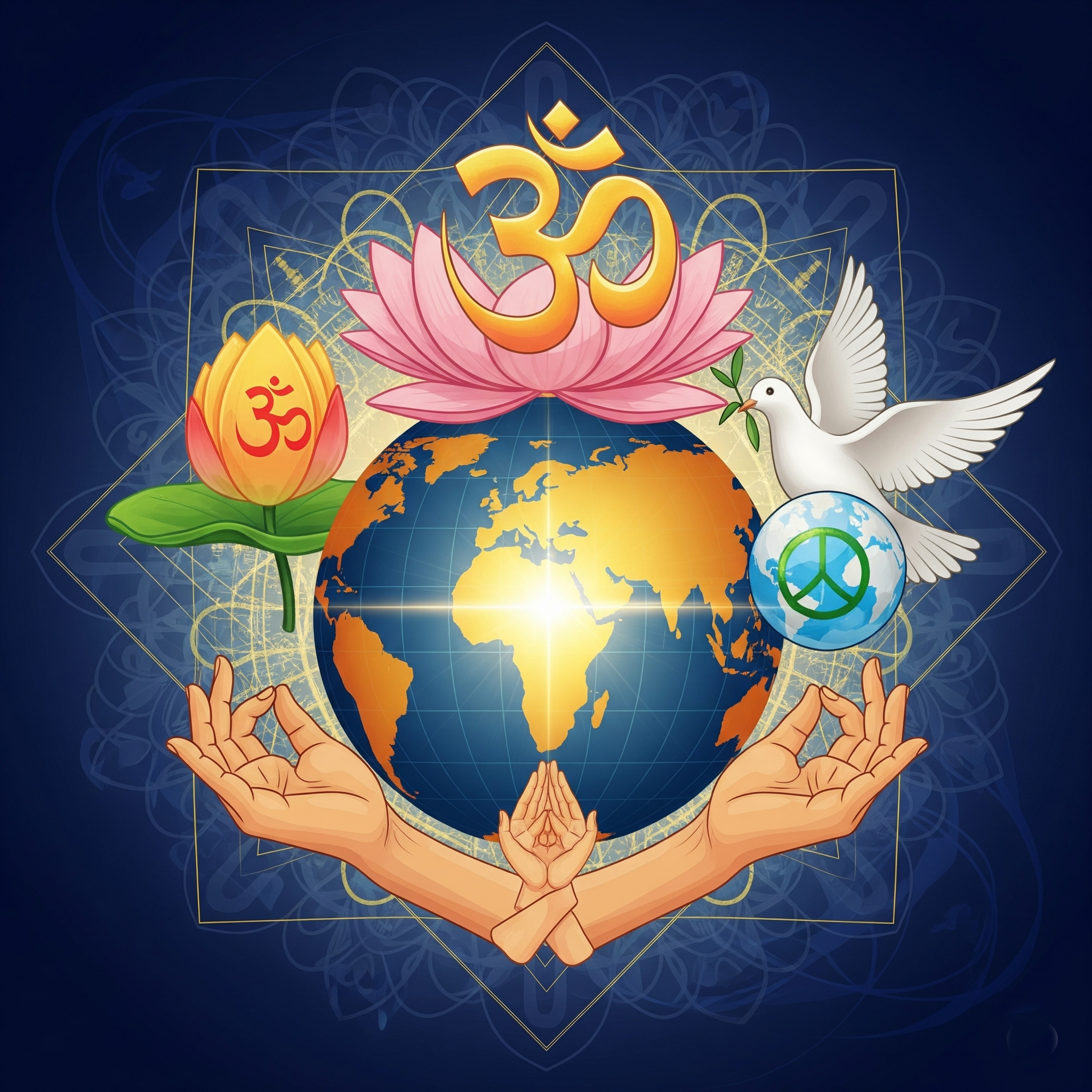

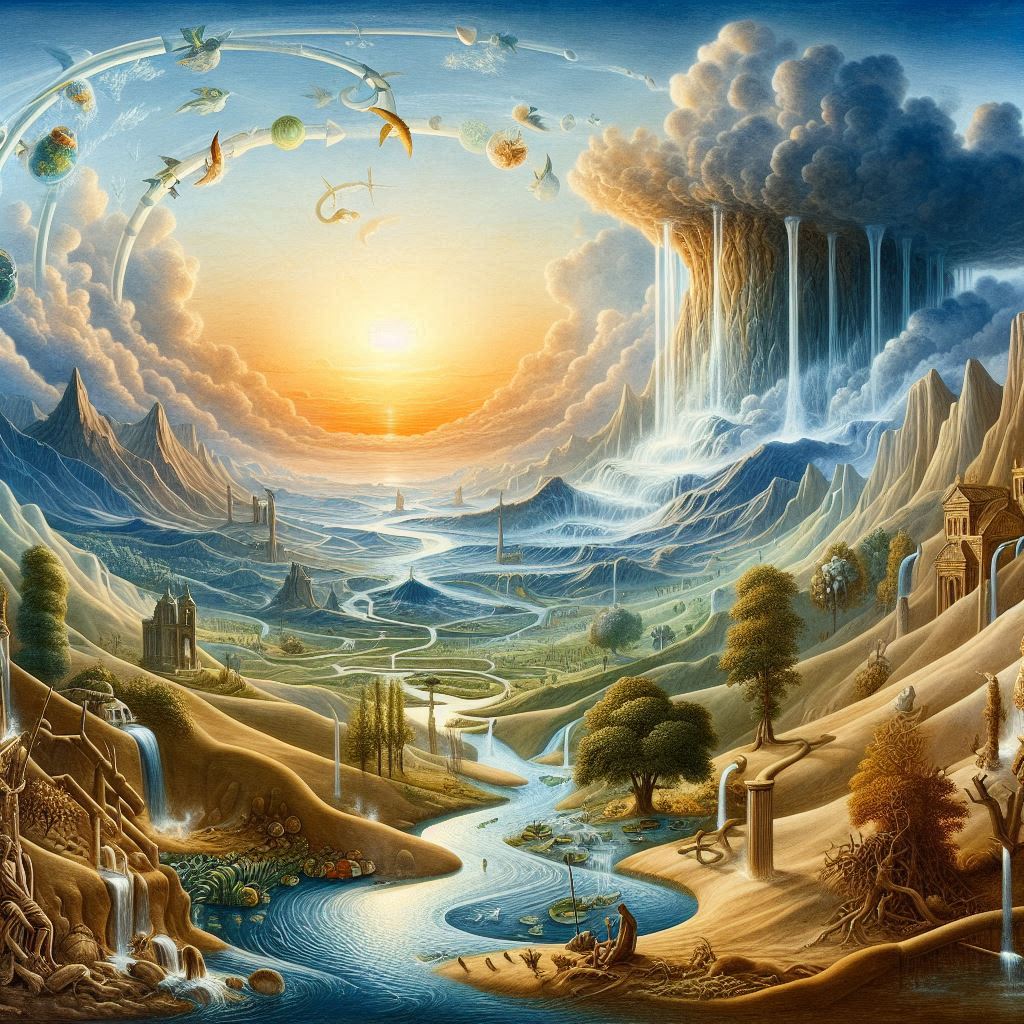
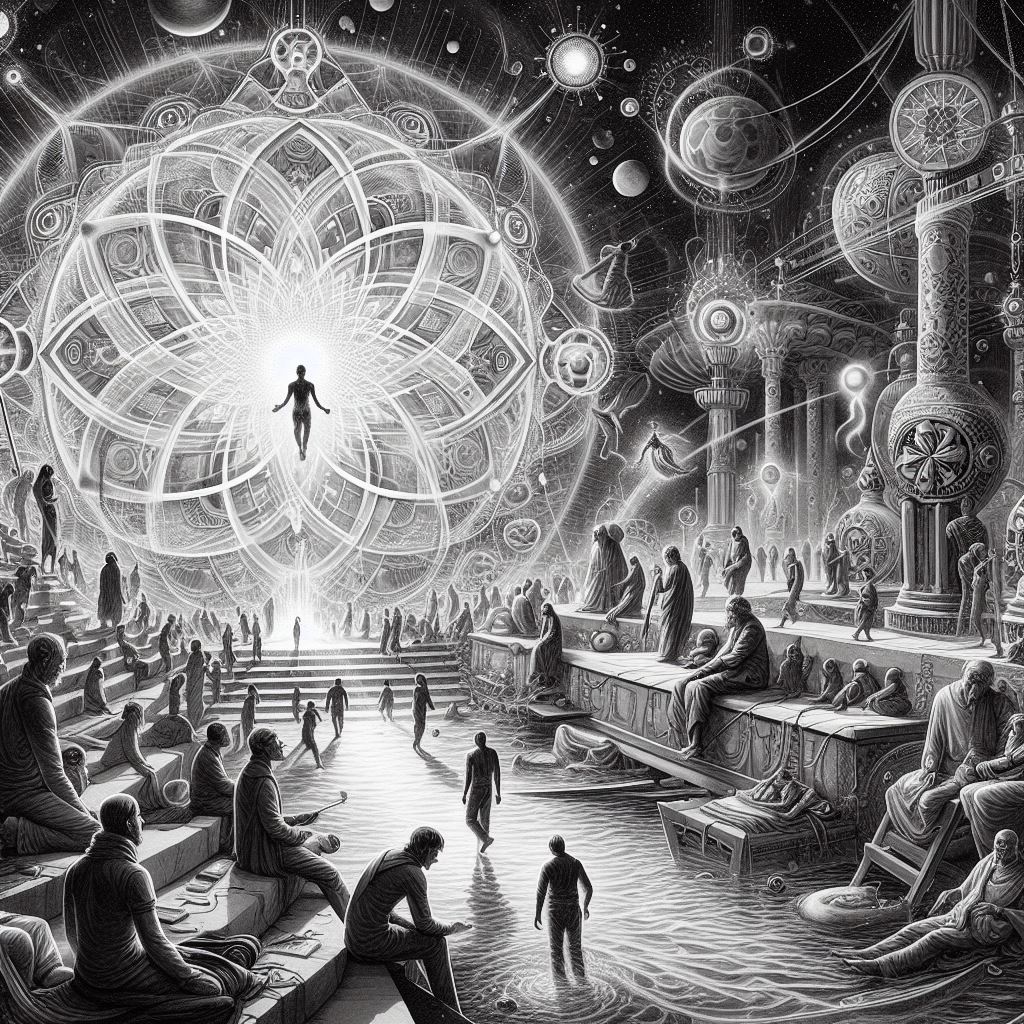
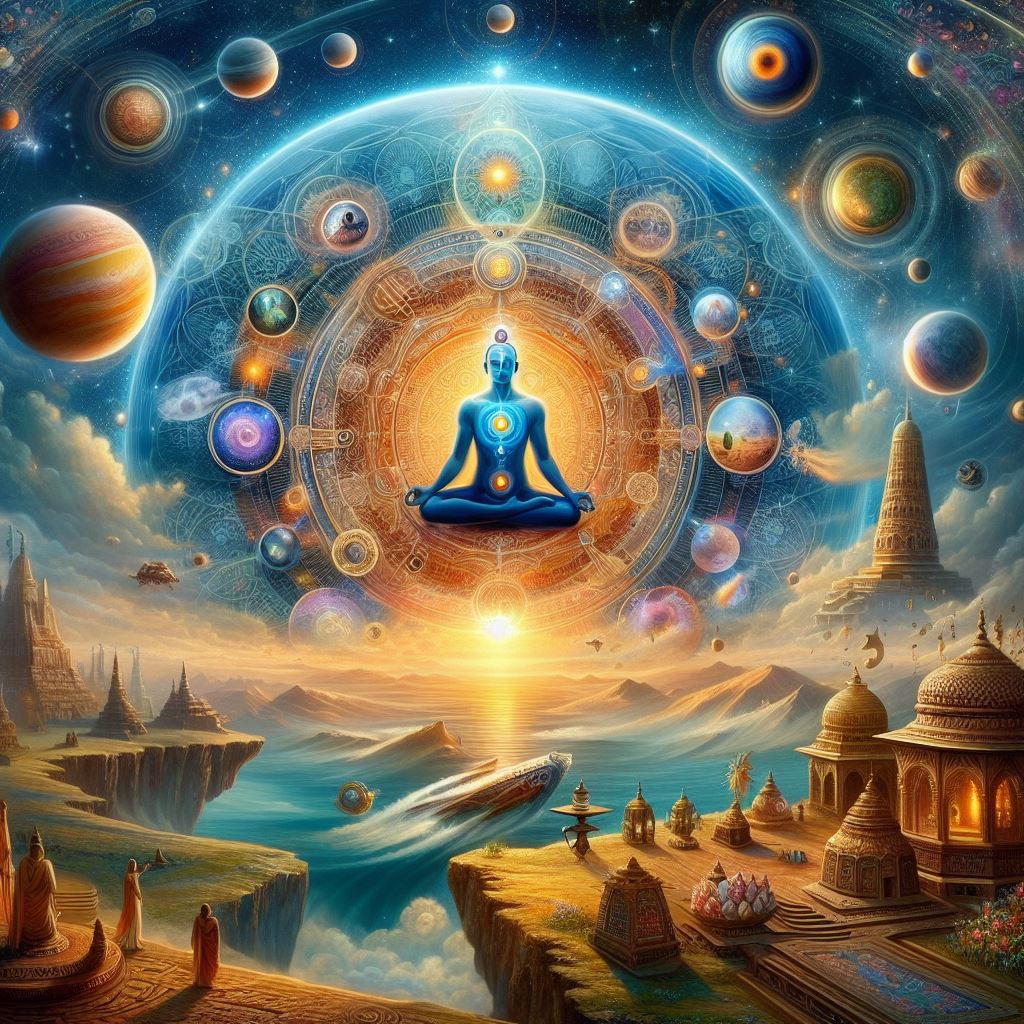
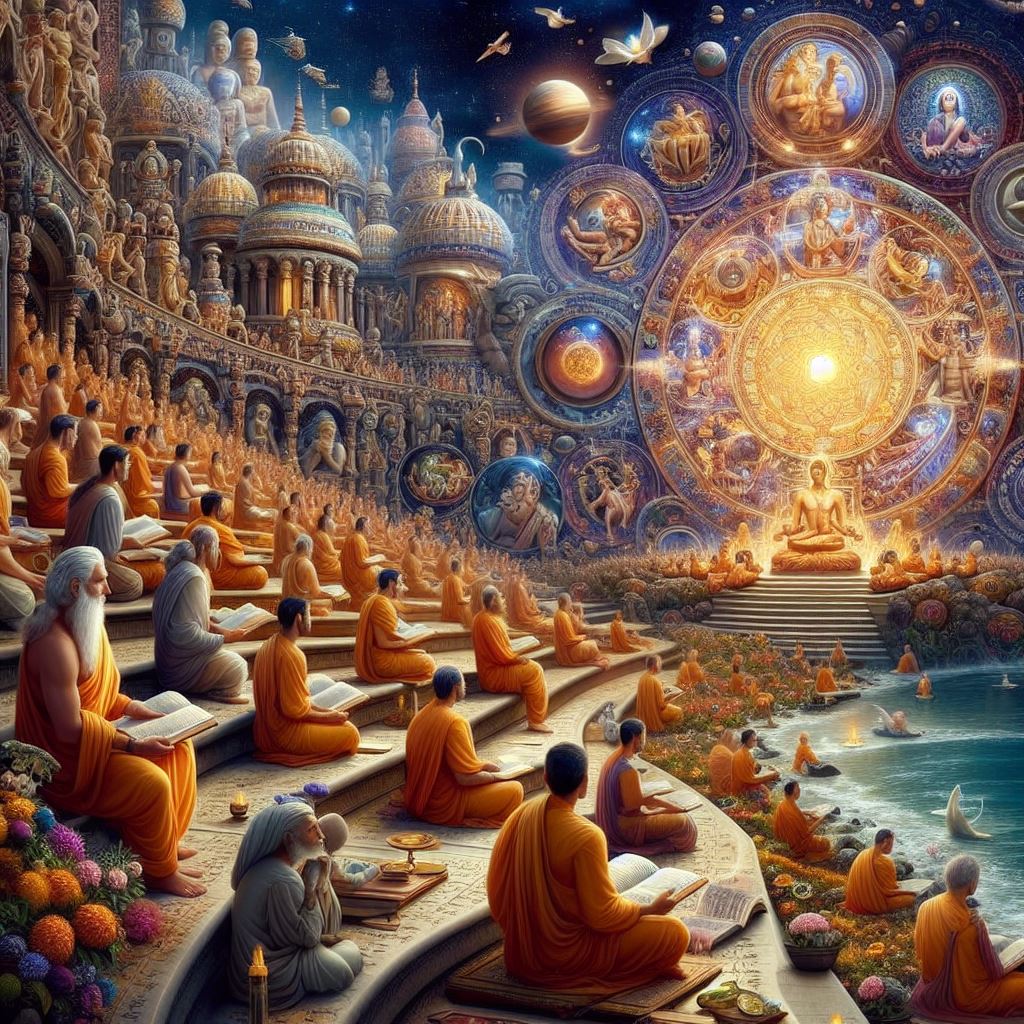
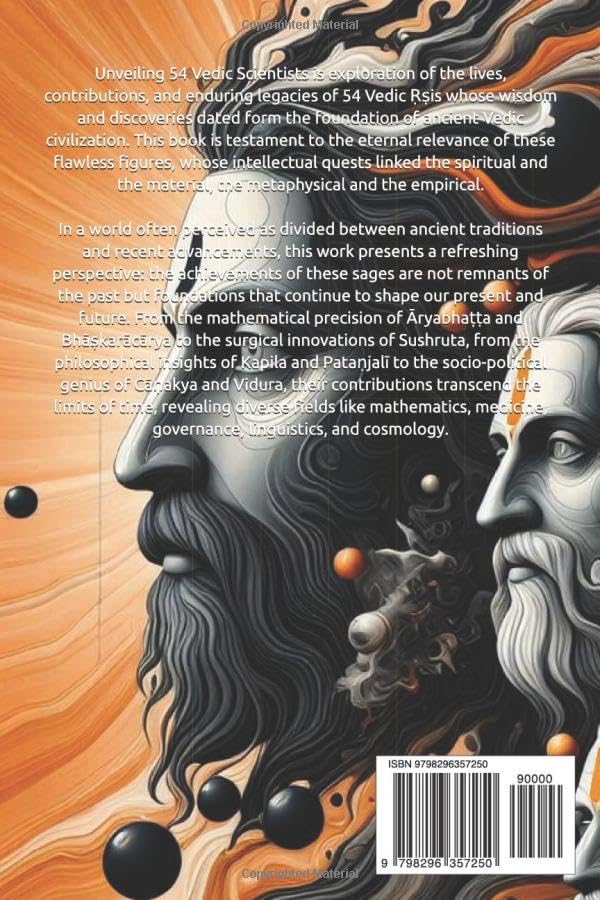
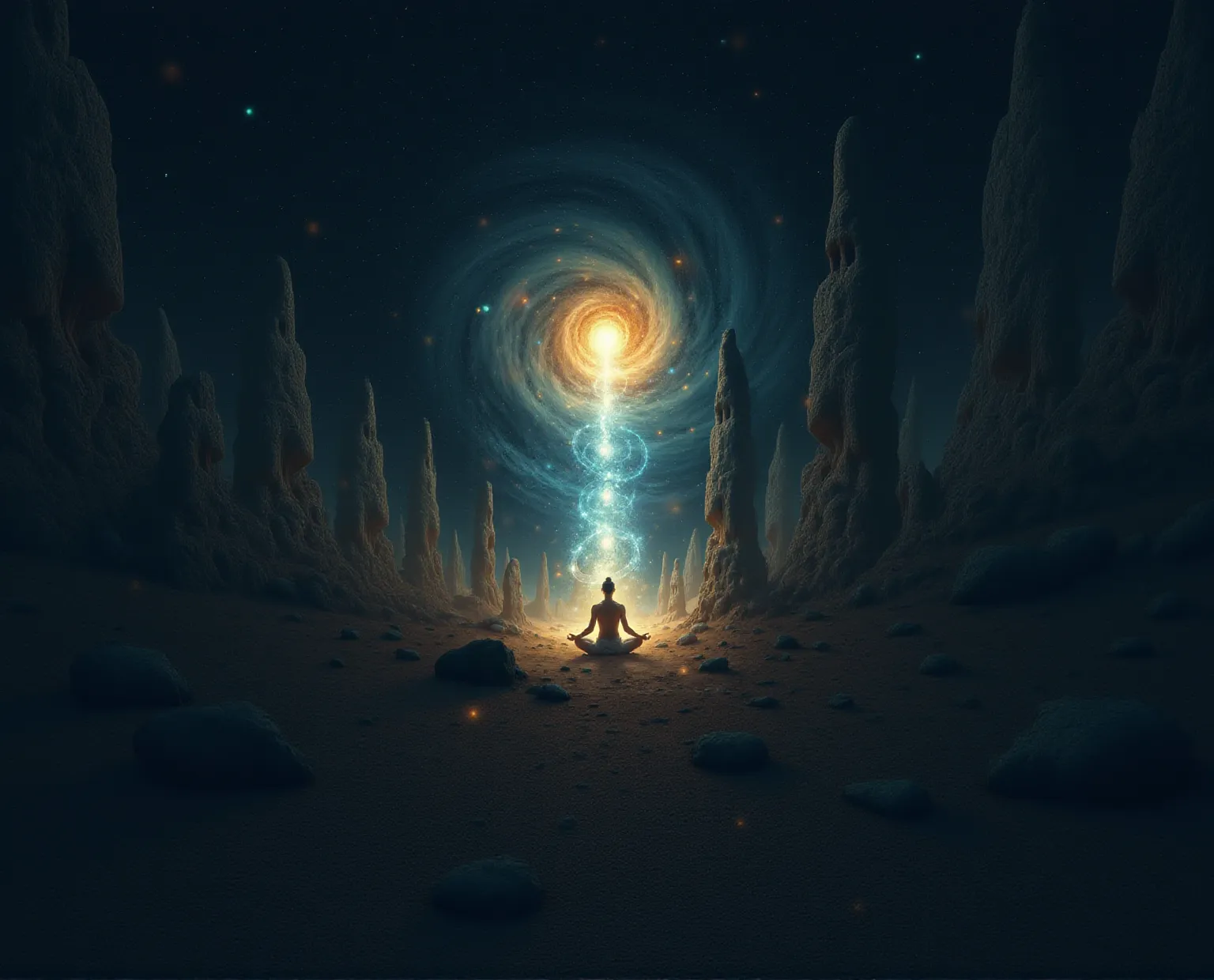
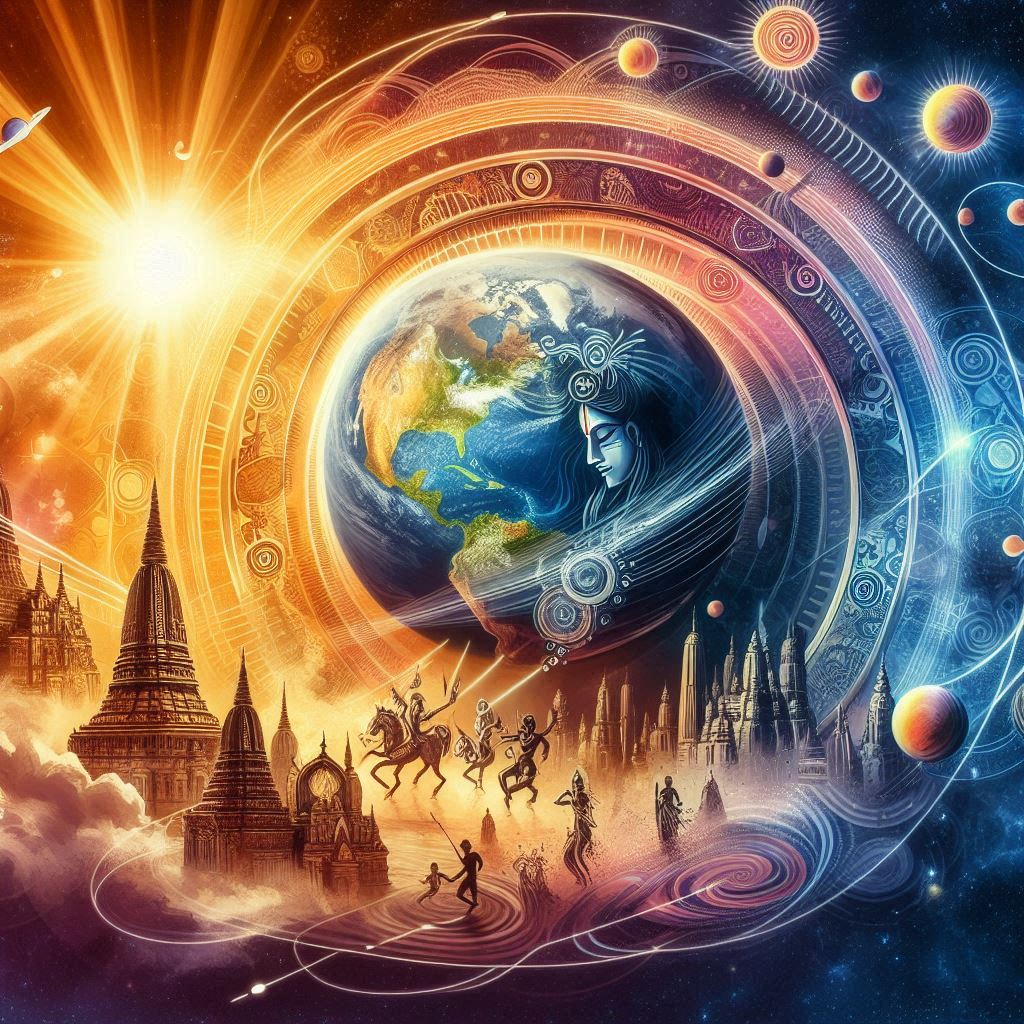
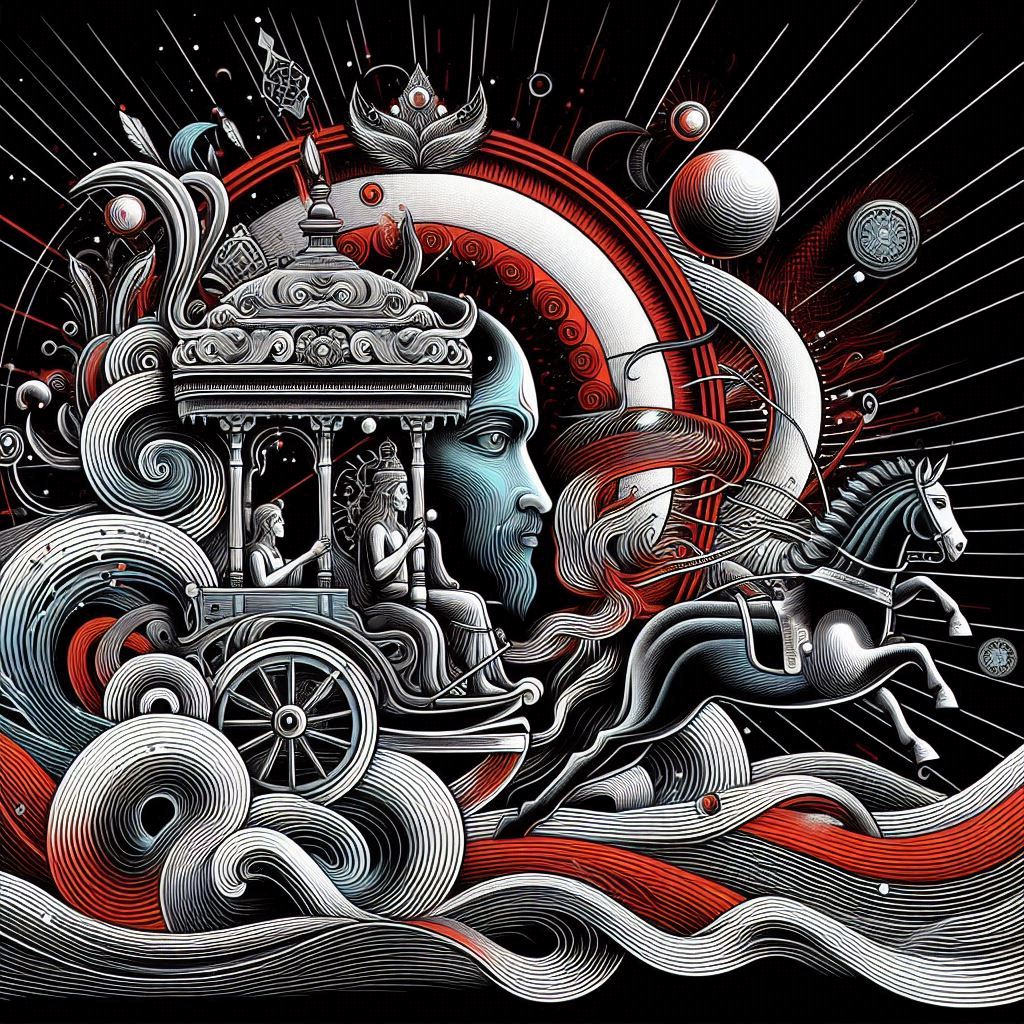
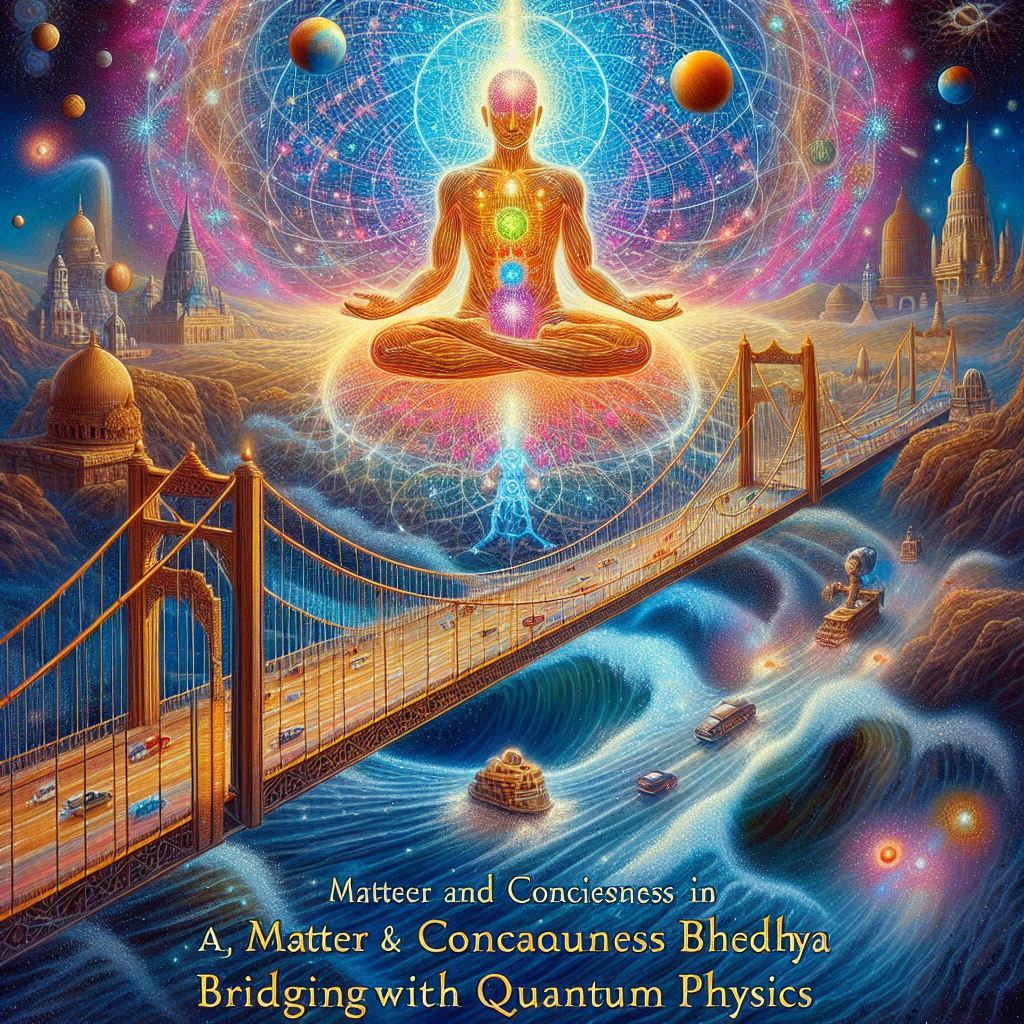
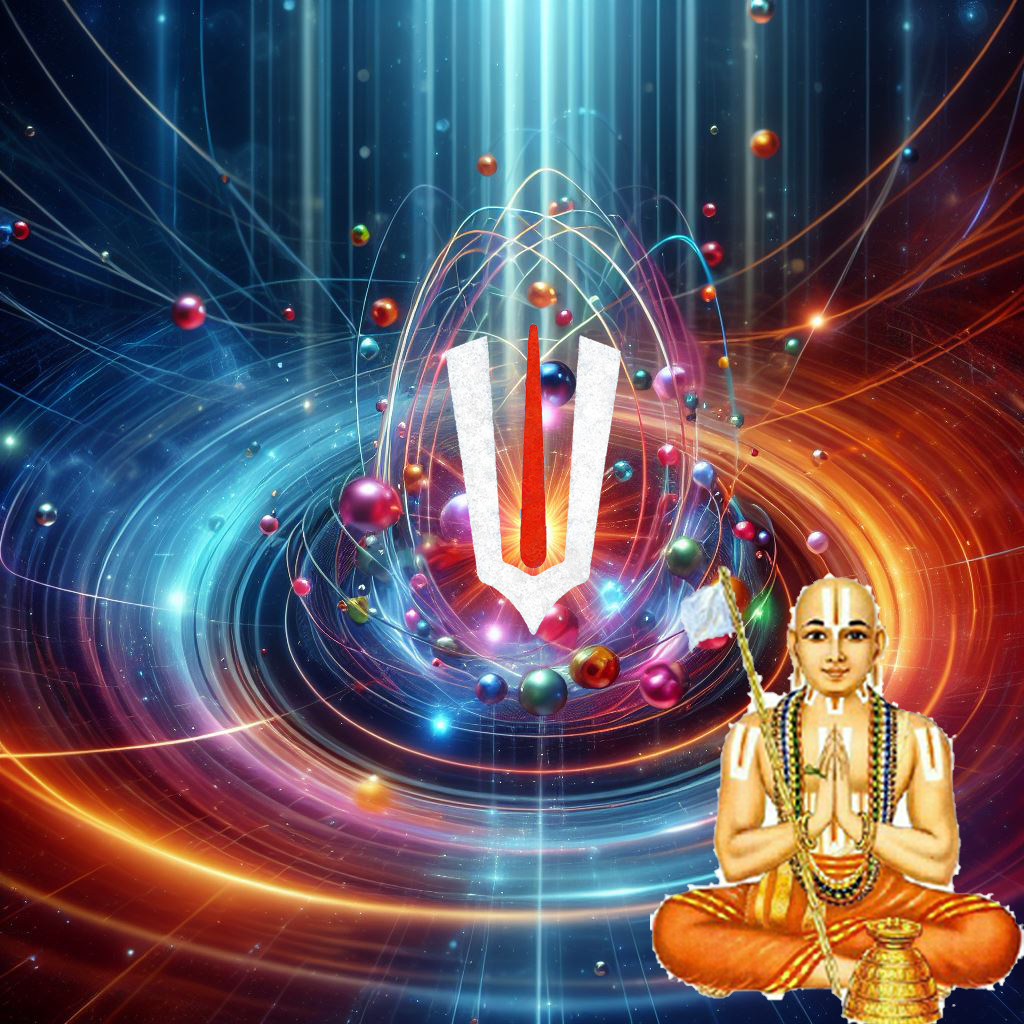
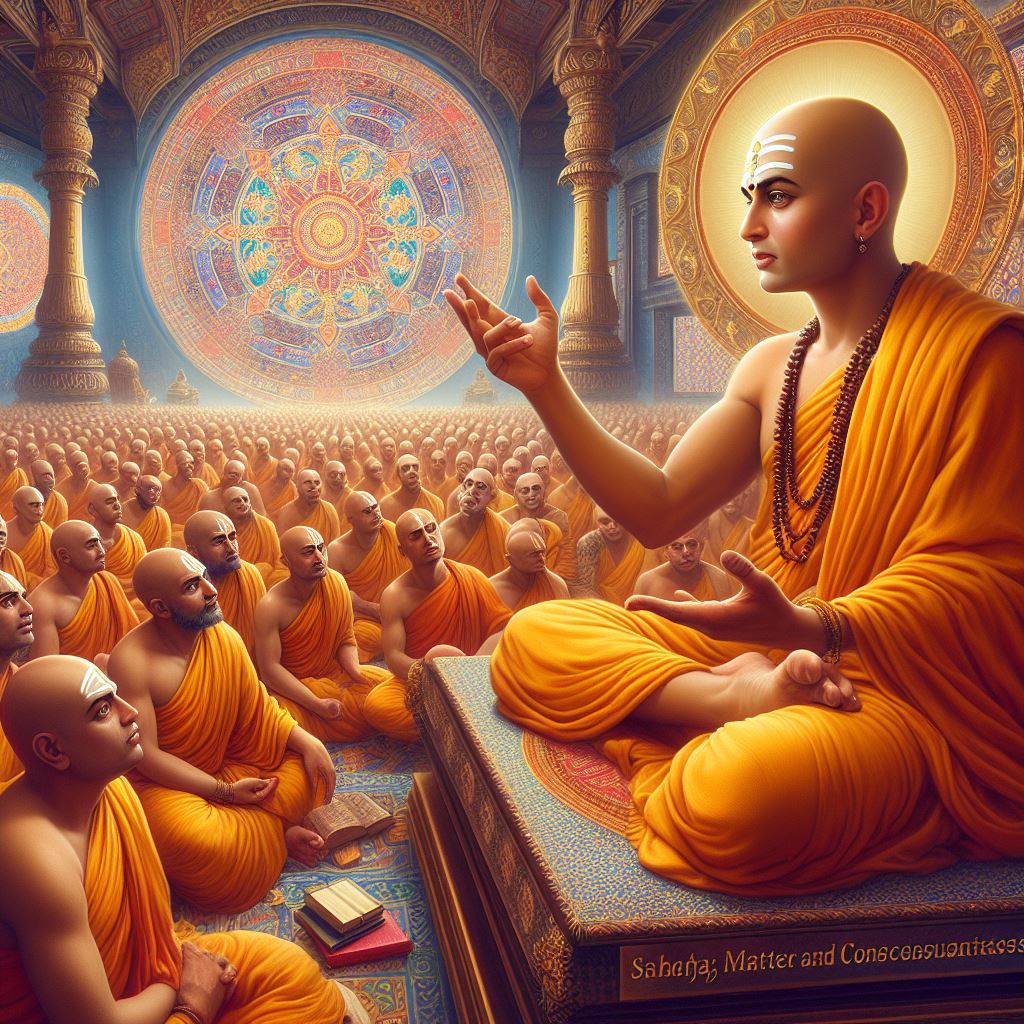
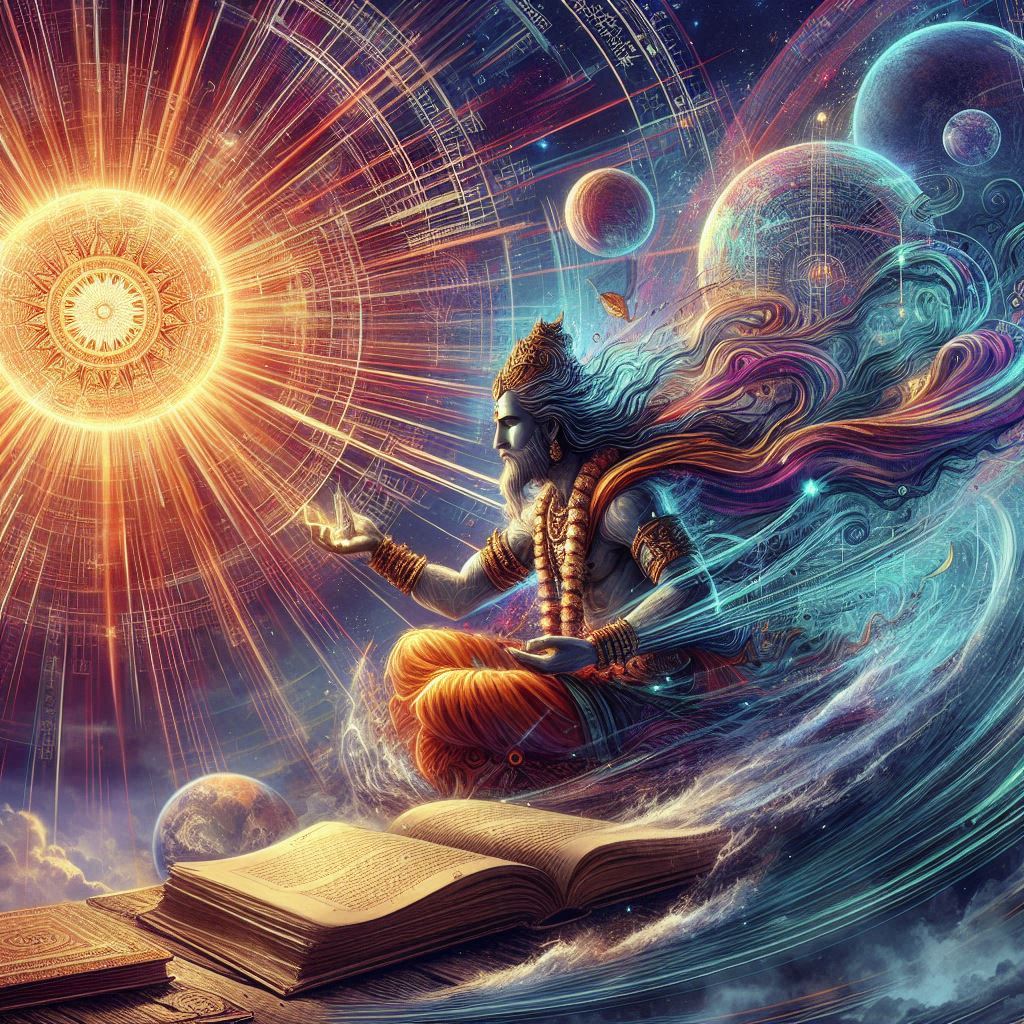
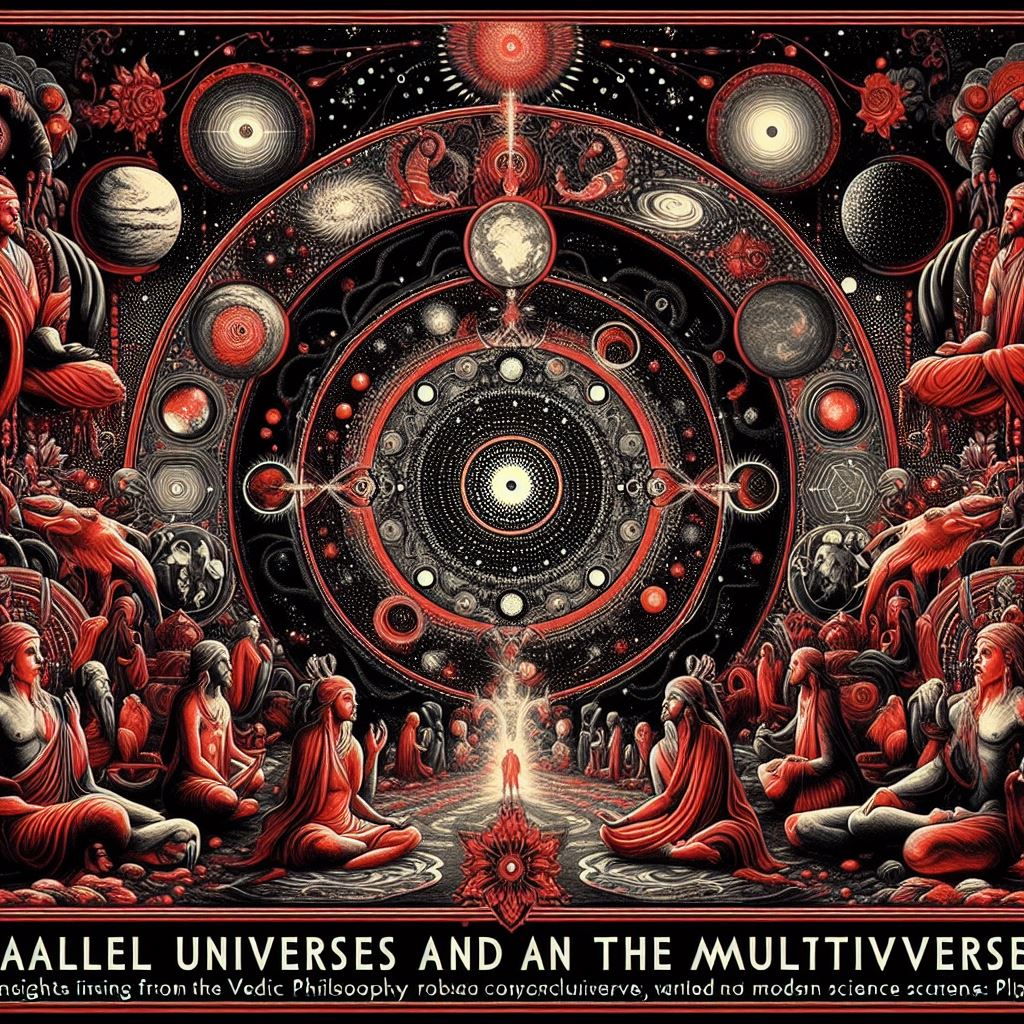

Origin of Science
The Psychospiritual Roots of Crime
Unveiling 54 Vedic Scientists
The Existence of the Soul: Exploring Neuroscience, Quantum Physics and Vedic Philosophy
Temporal Relativity in Vedic Literature: An Interdisciplinary Analysis of Time Dilation Narratives
Acharya Kaṇāda: The Ancient Sage Who Discovered the Atom
Evidence of Vedic Sanātana Hinduism as a Global Dharma
Perception of Quantum Gravity and Field Theory in the Vedas
String Theory as Mentioned in Veda
Sanskrit’s Role in Advancing AI: A Comprehensive Study
The Vedic Model of the Mind: A Contemporary Exploration
Vedic Contributions to Geometry: Unveiling the Origins of Mathematics
Matter and Consciousness in Achintya Bhedābheda: Bridging with Quantum Physics